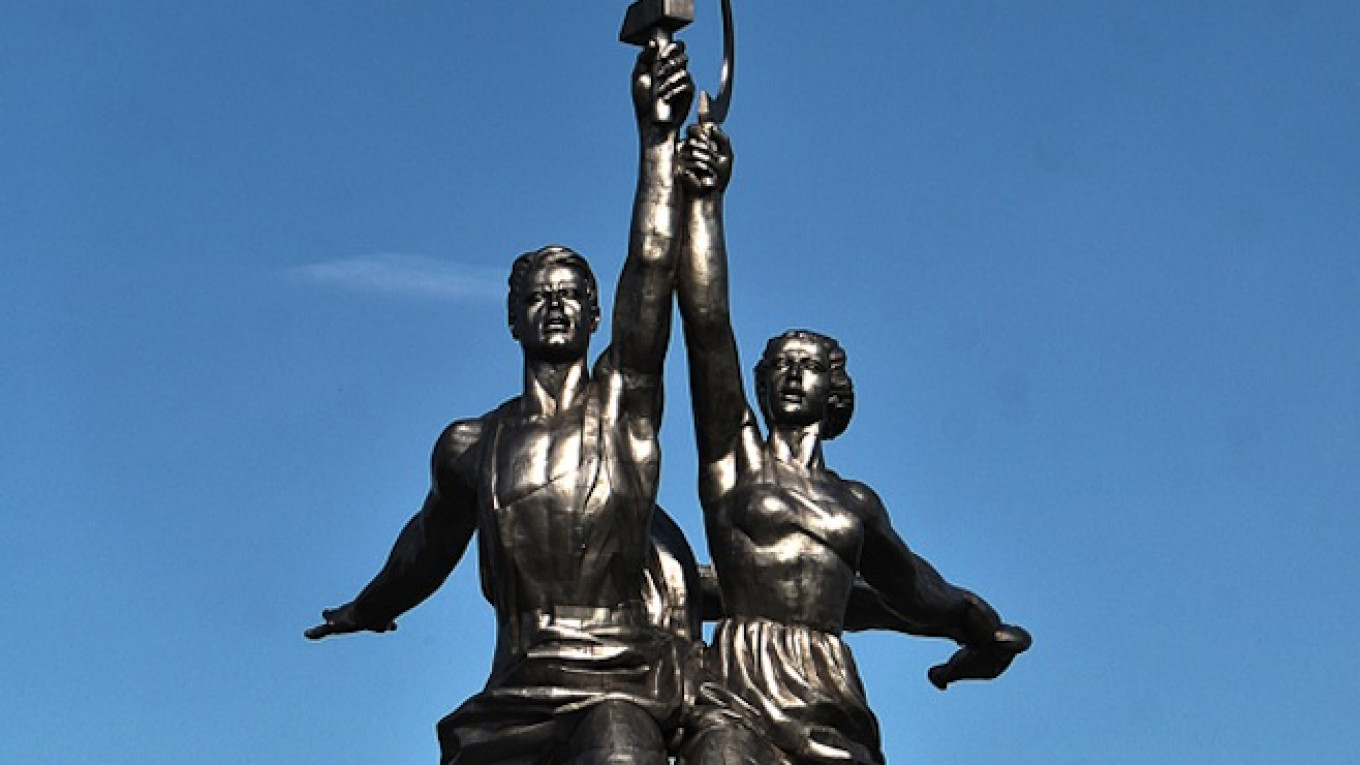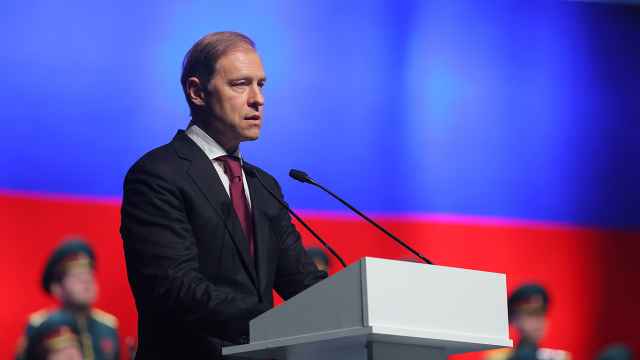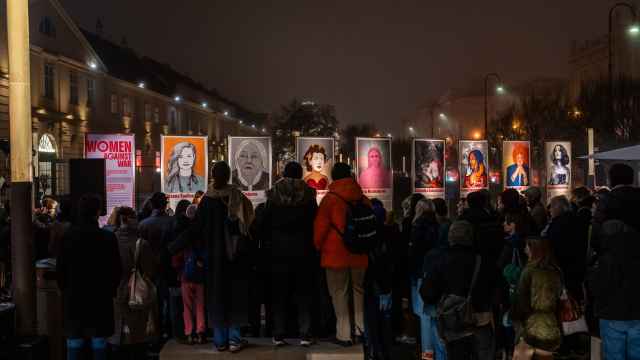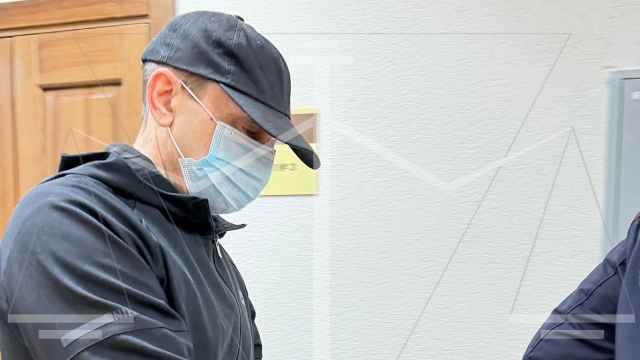The productivity of the Russian workforce is the lowest among European countries, according to a report issued Monday by the France-based international Organization for Economic Cooperation and Development, or OECD.
In Russia, labor productivity — measured by the gross domestic product valued in U.S. dollars divided by the total number of hours worked by the country’s workforce — stood at 25.9 in 2014. This is the lowest rate among all the European countries, worse than even crisis-hit Greece where the productivity rate stood at 36.2.
Russia's level of labor productivity is just over half the average European rate of 50. In the United States, the productivity level was 64 per hour last year, according to the OECD estimates. Luxembourg fared the best of all the surveyed countries with an estimated 95.9 per hour.
Last year the Russian government developed a four-year plan aimed at realizing an inaugural order of President Vladimir Putin to boost the labor productivity of Russians by 50 percent by 2018.
The measures include stimulating investment in production modernization, creating conditions for the professional development of employees, getting rid of inefficient jobs and increasing mobility in the labor market.
A Message from The Moscow Times:
Dear readers,
We are facing unprecedented challenges. Russia's Prosecutor General's Office has designated The Moscow Times as an "undesirable" organization, criminalizing our work and putting our staff at risk of prosecution. This follows our earlier unjust labeling as a "foreign agent."
These actions are direct attempts to silence independent journalism in Russia. The authorities claim our work "discredits the decisions of the Russian leadership." We see things differently: we strive to provide accurate, unbiased reporting on Russia.
We, the journalists of The Moscow Times, refuse to be silenced. But to continue our work, we need your help.
Your support, no matter how small, makes a world of difference. If you can, please support us monthly starting from just $2. It's quick to set up, and every contribution makes a significant impact.
By supporting The Moscow Times, you're defending open, independent journalism in the face of repression. Thank you for standing with us.
Remind me later.






